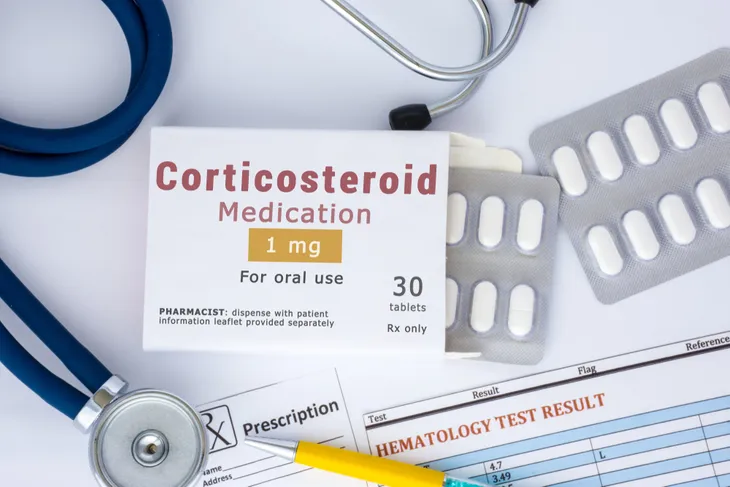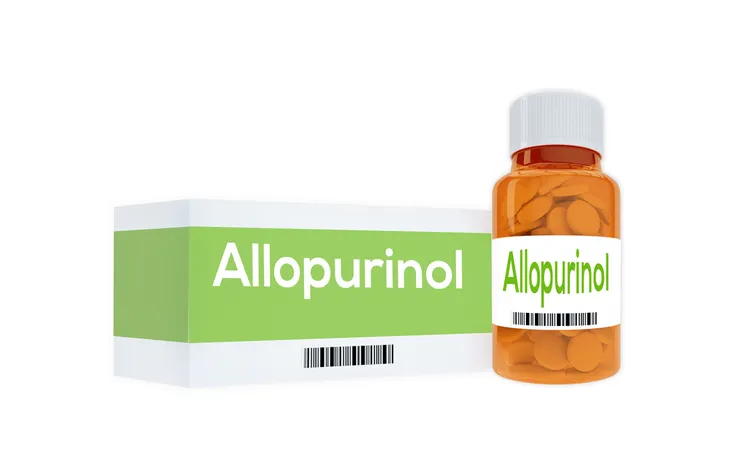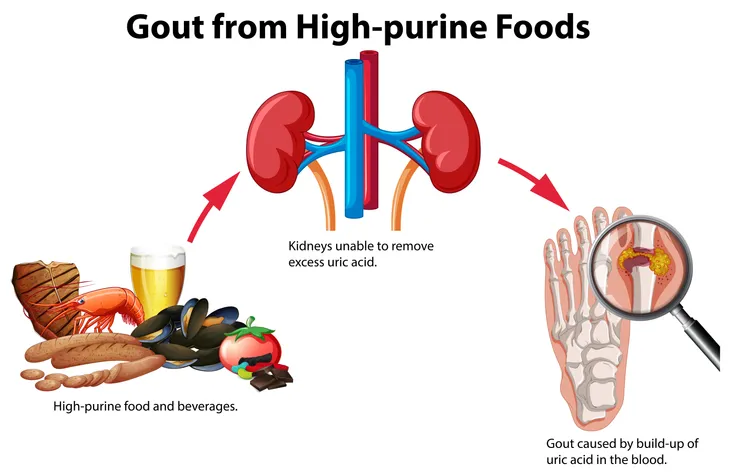Gout is a lifelong condition that you’ll have to manage every day. Aside from making lifestyle changes, like following a low purine diet and exercising regularly, you will also need to take certain medications. Thankfully, there are a host of treatment options to choose from.
What you take will depend on your situation. Your doctor will assess the severity of your gout condition and prescribe you the appropriate treatment to help effectively manage your uric acid levels, as well as the pain when a gout attack does happens.
Curious to know what these treatments are? Keep reading as we discuss the most effective treatments for gout.
Treatment for a Gout Attack
First let’s talk about treatments for a gout attack since this is most likely how you found out you have the condition.
NSAID
During a gout attack, the affected joint becomes inflamed and sensitive to touch. To treat this, you need to take an NSAID such as Ibuprofen to help relieve the pain. This will be taken four times every day until the pain subsides.
There are also other NSAIDs you can take for a gout attack, such as Indomethacin, Etoricoxib, and Naproxe. Be sure to speak with your doctor ahead of time about what your NSAID options since certain varieties are not allowed for gout.
Colchicine
Colchicine is another treatment option for a gout attack. Colchicine is a gout drug that can be taken together with an NSAID. It helps relieve pain and prevents uric acid from turning into crystals. A 0.5-mg dose should be taken two to four times daily, depending on the severity of the pain, as well as your age and weight.
Some people will take a low dose of colchicine daily as a way to prevent gout attacks, however, this is not recommended since it can lead to unwanted side effects such as nausea, diarrhea, and vomiting.
Corticosteroids
Corticosteroids is also another treatment that’s very effective for gout attacks. It can be taken orally starting at 30- to 40-mg every day; or it can be injected into the affected joint. Your doctor will be the one to perform this treatment.
 Shidlovski / Shutterstock.com
Shidlovski / Shutterstock.comTreatment for Managing Gout Daily
Aside from gout attacks, you will need to manage your condition daily. Just because you’re not experiencing pain now, it doesn’t mean that uric acid crystals aren’t accumulating in your body.
You need to be proactive in preventing this and that’s why there are medications that help manage the amount of uric acid that’s in the body.
Allopurinol
The first one is allopurinol which prevents the production of uric acid. This is the most common medication for gout and your doctor will likely prescribe you this at the beginning of your diagnosis. They will have you start at a lower dose of 100-mg daily, but it may get higher depending on the severity of your condition.
Your uric acid levels will be monitored in the first few months to see if you are tolerating the drug well or if there is a need to increase your dose.
Febuxostat
Febuxostat is another gout treatment that helps avoid the accumulation of uric acid in the body. You don’t necessarily need to have gout to take this medication as it’s often prescribed to patients who produce too much uric acid.
You just need to be careful since febuxostat can lead to liver damage. Your doctor will assess your liver health to see whether you are fit to take this medicine.
Probenecid
For gout patients whose bodies cannot remove uric acid efficiently, there’s Probenecid. A starting dose of 500-mg helps the body to get rid of excess uric acid through your urine. If allopurinol doesn’t work for you, this can be a good alternative. Just be cautious with taking this one since it can lead to kidney stones.
When you take Probenecid, make sure to drink lots of water to prevent the formation of stones. Remember, there is a difference between gout patients who produce too much uric and those whose bodies are unable to efficiently get rid of it. Probenecid is best used by the latter.
Pegloticase
A new and more recent drug used for treating gout is Pegloticase. It’s a more invasive treatment since it is injected into the patient every two weeks.
This is the best option for patients that produce too much uric acid and cannot get rid of it enough. Caution should be taken for patients who have cardiac history.
Lifestyle Treatments for Gout
Avoid High Purine Foods
As mentioned above, certain lifestyle changes need to be made in order to keep gout attacks at bay. You’ll have to watch out for high purine foods as those will most likely trigger a gout flare. The biggest offenders are alcohol, artificial sugar, organ meats, processed meats and seafood.
Focus instead on whole foods as these are healthier and will equip your body with the right nutrients to fight gout symptoms. (For more information, check out our article on Gout Diet: Foods to Eat & Foods to Avoid).
Shed Excess Weight
If you are overweight, losing that excess weight is the next step. This may happen naturally when you switch to a healthier diet, but if that’s not enough, getting regular exercise is a good addition to your routine. Not only will this help you burn fat, it will also help strengthen your joints.
You’ll want to start with easy exercises, such as cardio and aerobic exercises. They’re just the right intensity to help you lose weight while avoiding injury.
Drink More Water
Drinking water regularly is also recommended for gout sufferers. This is because dehydration can lead to a gout attack. But when you drink water, you help dilute the uric acid in your body and flush the excess through your urine.
Herbs and Supplements
Then there are other herbs and supplements that have been known to help with gout such as vitamin C, antioxidant-rich fruits, bromelain, cherries, and turmeric. (Here are more Natural Remedies For Gout).
You may want to consider adding these into your diet since they have properties that can help fight gout. Of course, there is no guarantee that they will work. You’ll have to do trial and error to see which ones work best for you.













